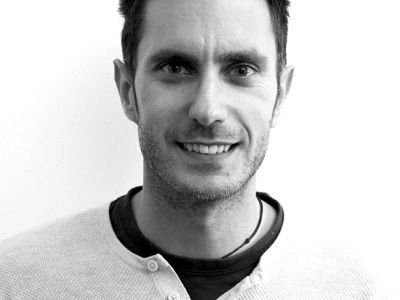Implementing the Agreement on Reforming Research Assessment in RPOs: lessons from the CNR Pilot

Andrea Mannocci, National Research Council (CNR)
In 2022, the National Research Council of Italy (CNR) committed to reforming internal career progression for its researchers and technologists. As a result, four large-scale competitive selections were launched in 2023, covering 45 Career Assessment Fields (CAFs) and more than 40 research products or qualifications per CAF. Between 2023 and 2025, over 3,500 staff members have been evaluated.
Within this context, the pilot pursued two main objectives: first, to analyse the evaluation criteria and their alignment with the first four commitments of the Agreement on Reforming Research Assessment (ARRA); and second, to explore how GraspOS services and tools could be leveraged to enhance both the application and evaluation processes.
In this talk, we will present the key lessons learned from the pilot. The first objective involved a qualitative and quantitative analysis of 3,820 individual criteria extracted from PDFs produced by evaluation committees. This analysis examined how the ARRA commitments were operationalised—specifically, whether research products were treated as equally valuable, whether assessments were predominantly mechanical, whether discrimination based on venue or format occurred, and whether rankings were employed. The second objective focused on assessing the extent to which the SCOPE+i framework and a decentralised assessment infrastructure, such as that developed within GraspOS, could support the design of an evaluation campaign similar to the one conducted at CNR.
Dr. Andrea Mannocci is a Research Fellow at the InfraScience Laboratory of the Institute of Information Science and Technologies (ISTI), part of the Italian National Research Council (CNR) in Pisa, Italy. His work focuses on Open Research Information, particularly on the development and analysis of the OpenAIRE Graph, with research interests at the intersection of scientometrics and Open Science practices.
He holds a PhD in Information Engineering from the University of Pisa. Before his current role, he was a Research Associate at the Knowledge Media Institute (KMI) of the Open University in Milton Keynes, UK, where he contributed to the SKM3 research team (Scholarly Knowledge Modelling, Mining, and Sense Making) and specialised in applying data science techniques to scholarly big data and research analytics.
